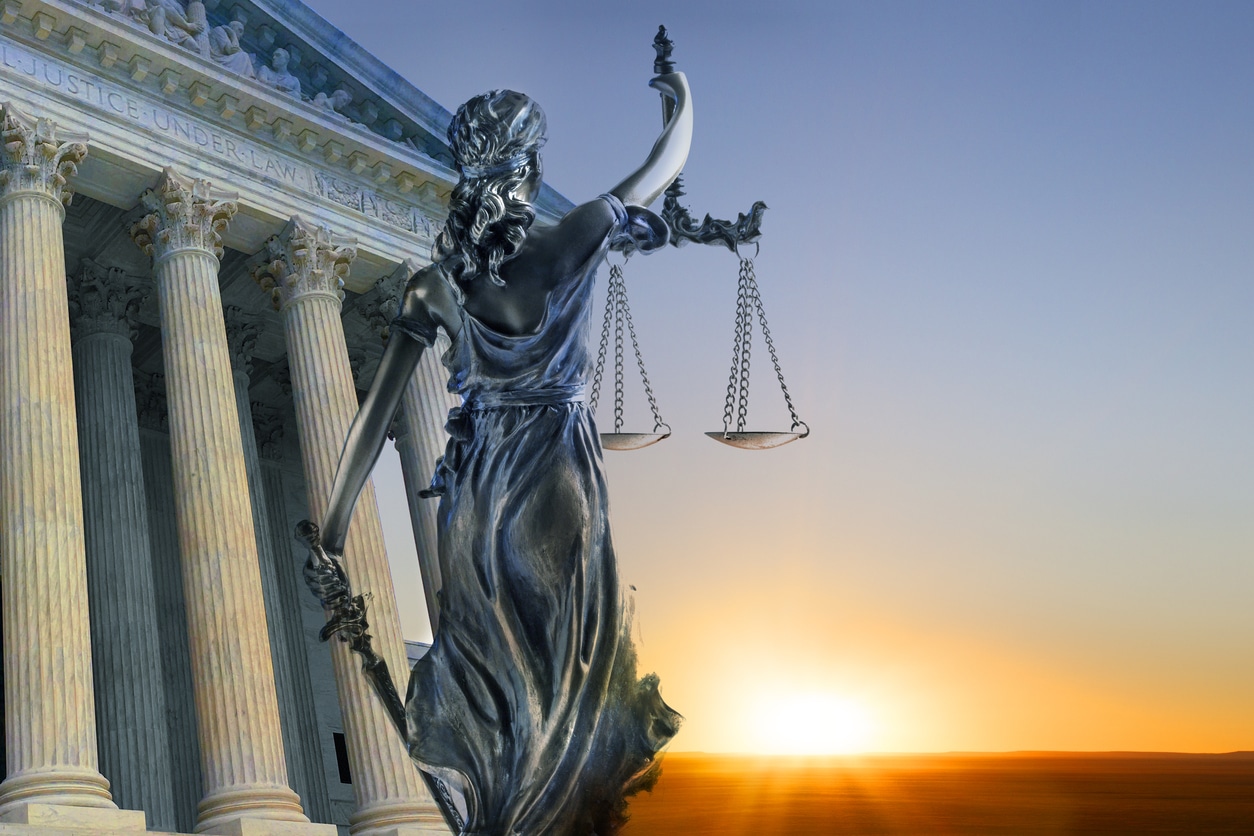Today, the United States Supreme Court granted review of two cases involving the ministerial exception doctrine. The two cases are the first time the high Court will consider the ministerial exception since it unanimously upheld the doctrine in 2012.
The ministerial exception, in simple terms, says that religious organizations have the constitutional right to hire and fire and make employment decisions regarding their employees. In the earliest case dealing with the ministerial exception, one court described the rationale upholding the doctrine, recognizing that the minister is the “lifeblood of the congregation” and the Constitution prohibits the government from forcing a church or religious organization to accept or retain an unwanted minister. In short terms, the ministerial exception mirrors the adage that “personnel is policy” and the government should not be implicitly setting policy for religious organizations by applying anti-discrimination laws to force churches or ministries to hire or keep employees or punish them for removing an unwanted employee.
The ministerial exception doctrine applies to churches and religious organizations. The term “minister” is not an ecclesiastical or theological term, but is a legal term of art. The term has been held to apply to many different kinds of leaders of organizations who set the policy and direction and communicate or embody the religious beliefs of the organization.
The two cases the Supreme Court agreed to review are from the Ninth Circuit Court of Appeals and both held that Catholic school teachers were not “ministers” for purposes of the ministerial exception. In one of the cases, nine judges of the court of appeals dissented from the ruling and would have agreed to rehear the case. The judges stated: “By declining to rehear this case en banc, our court embraces the narrowest construction of the First Amendment’s ‘ministerial exception’ and splits from the consensus of our sister circuits that the employee’s ministerial function should be the key focus.”
The Supreme Court’s decision will be important for every church or religious organization because it will provide clarity on how far the ministerial exception should extend and which employees can be considered “ministers” for purposes of the exception.
If you have any questions about the ministerial exception and how it applies to your church or religious ministry, please contact us at Provident Law®. We will watch these cases as they progress through the Supreme Court and will provide updates and analysis as the decision is rendered.


